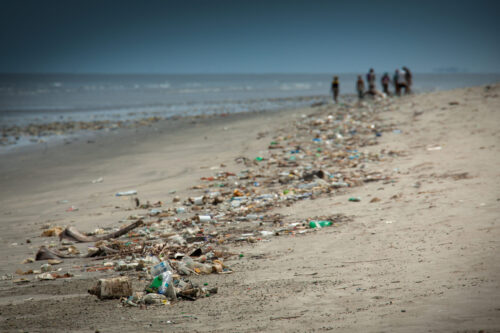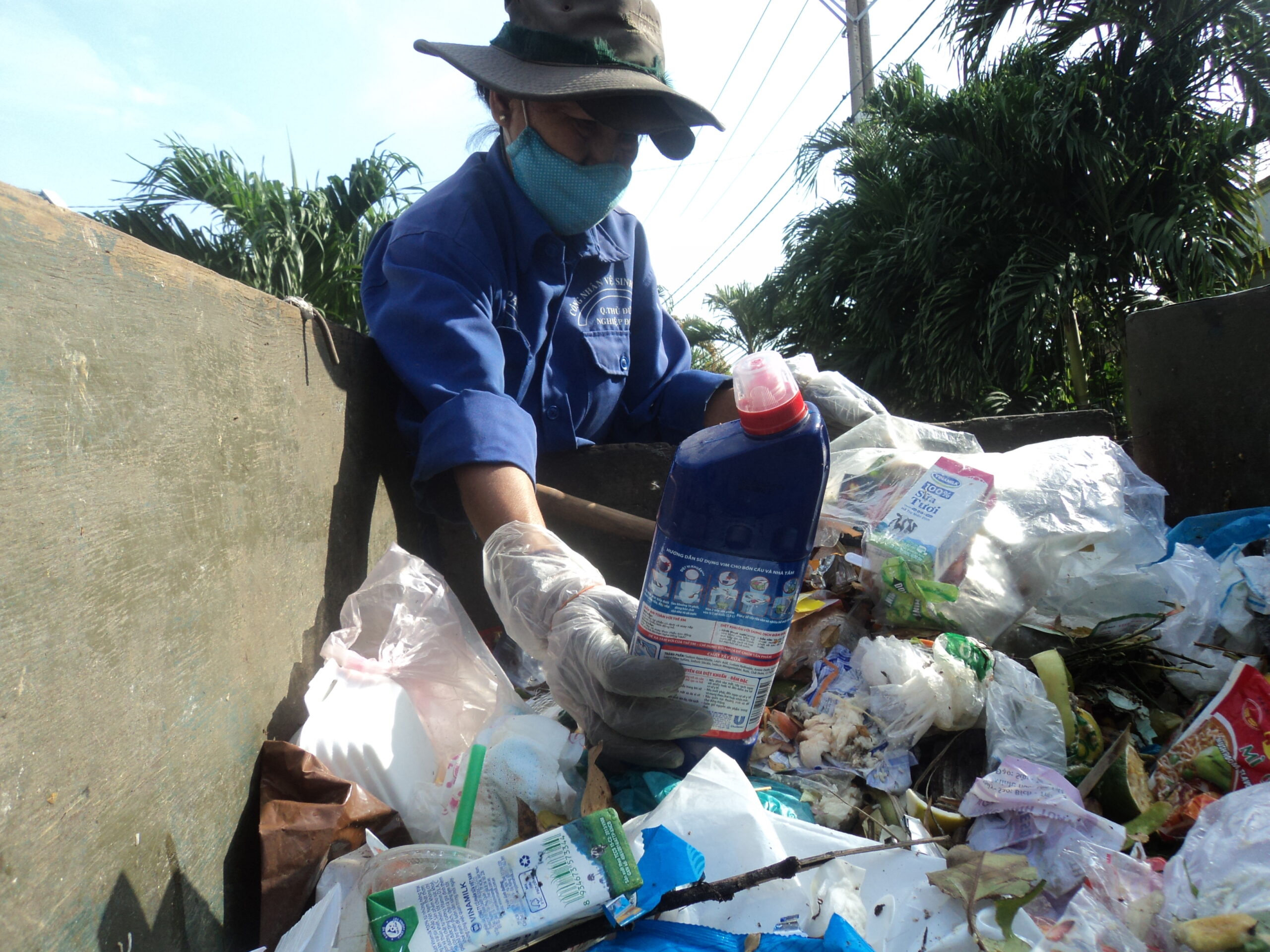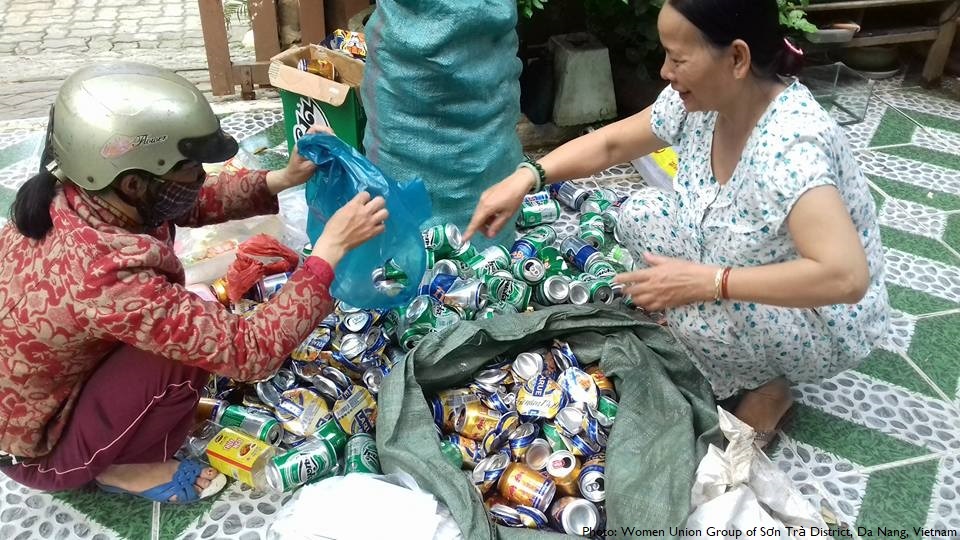USAID Celebrates Earth Day

Earth Day 2????18
-End Plastics Pollution!-
This year, USAID commemorates Earth Day by highlighting the need to improve waste management and limit marine debris. Earth Day is an annual event celebrated on April 22nd. It was first recognized in 1970 and is now coordinated globally by the Earth Day Network and celebrated in more than 192 countries each year. The theme of Earth Day 2018 is: End Plastics Pollution.
With rapid global population growth and urbanization, municipal waste generation is expected to rise to 2.2 billion tons per year by 2025 according to the World Bank. Much of this waste will be generated in parts of the world without adequate waste management systems and infrastructure.
Mismanaged waste anywhere can affect marine health everywhere when waste pollutes the environment and flows into our oceans. Marine debris, including microplastics in the ocean, can lead to declining global fish stocks and costs billions of dollars to fisheries, tourism, and other industries – threatening economies and livelihoods across the globe.
USAID is working to address this critical challenge by building local capacity for more effective municipal waste management through efforts like the Municipal Waste Recycling Program, which operates in four countries–Vietnam, Philippines, Indonesia, and Sri Lanka–which are among the world’s top contributors to marine plastics pollution. USAID is working to strengthen local governments’ ability to manage waste, to identify and encourage locally-appropriate technology, to promote market-based solutions and private sector investment in recycling, and to raise public awareness about the threats of mismanaged waste and marine debris. Our programs also emphasize the need to engage underrepresented groups such as women, youth, and informal waste pickers as partners in our development efforts.
The global challenge of waste is daunting. However, waste management solutions also hold tremendous potential economic benefit. The global market for waste management technology is estimated by industry to grow to almost $600 billion by 2020, and the demand for recycled material today outstrips supply. A new generation of waste entrepreneurs is emerging and putting forward new solutions and exciting technologies. USAID will continue to nurture development, catalyze innovation, and support market-based solutions to address this critical issue.
Waste Management at USAID Urban
 |
Municipal Waste Recycling Program (MWRP) Annual Program Statement
USAID is seeking prospective non-governmental partners, such as civil society organizations, youth-led or women-led organizations, private sector companies, associations, cooperatives, and academic institutions, that can implement municipal waste recycling solutions with a focus on reducing plastics pollution of the marine environment in Indonesia, the Philippines, Sri Lanka, and Vietnam. |
 |
Watch the Women in Waste Management: An Opportunity Webinar
Women in Asia play a central role in environmental management, yet their work in the sector is often unpaid or underpaid. Hear from experts and learn about some of the key constraints women are facing in the solid waste management sector, what models are working, what metrics donors are using to measure empowerment, and how grant-making under the USAID-funded Municipal Waste Recycling Program is helping to empower women in solid waste management. |

